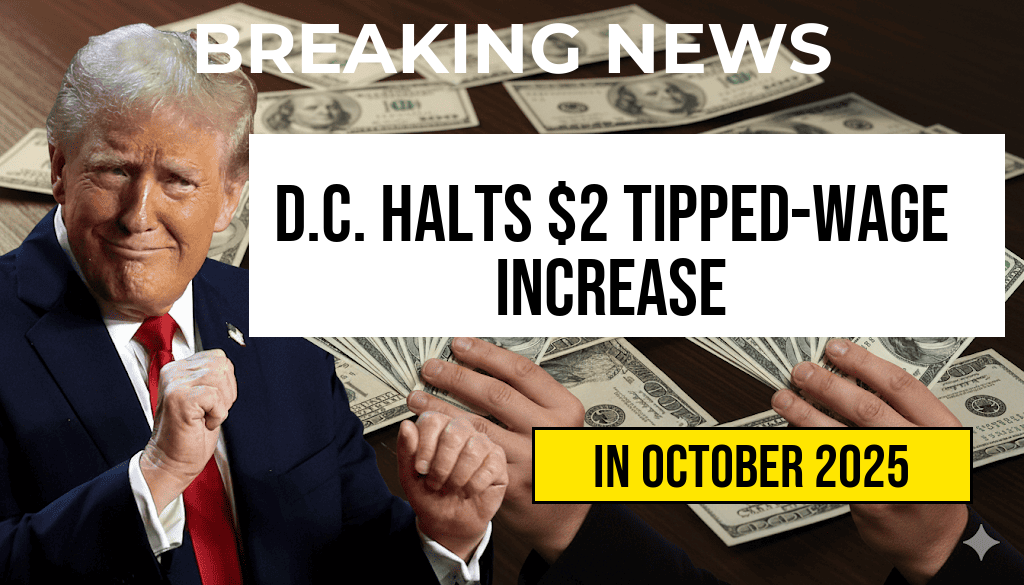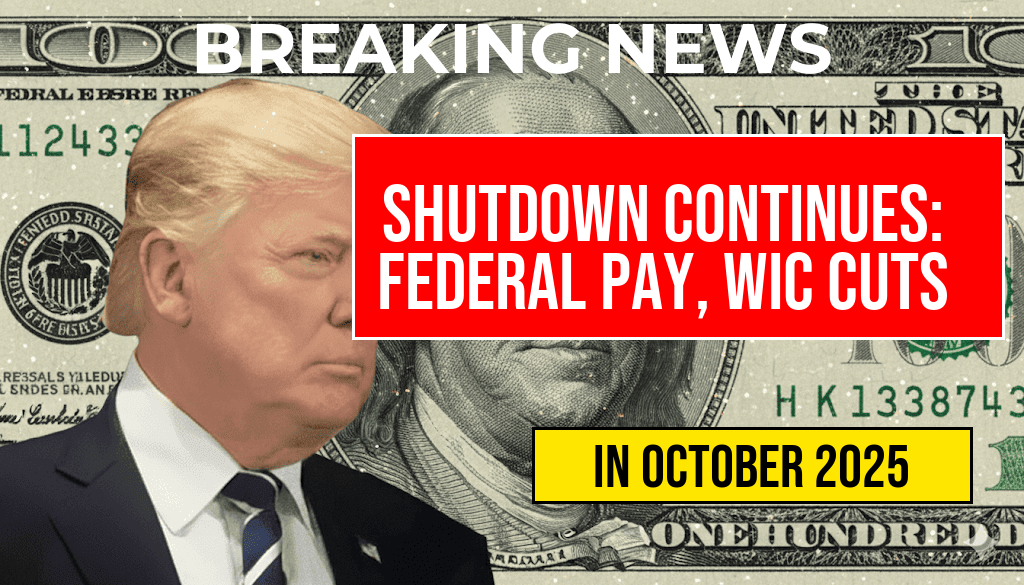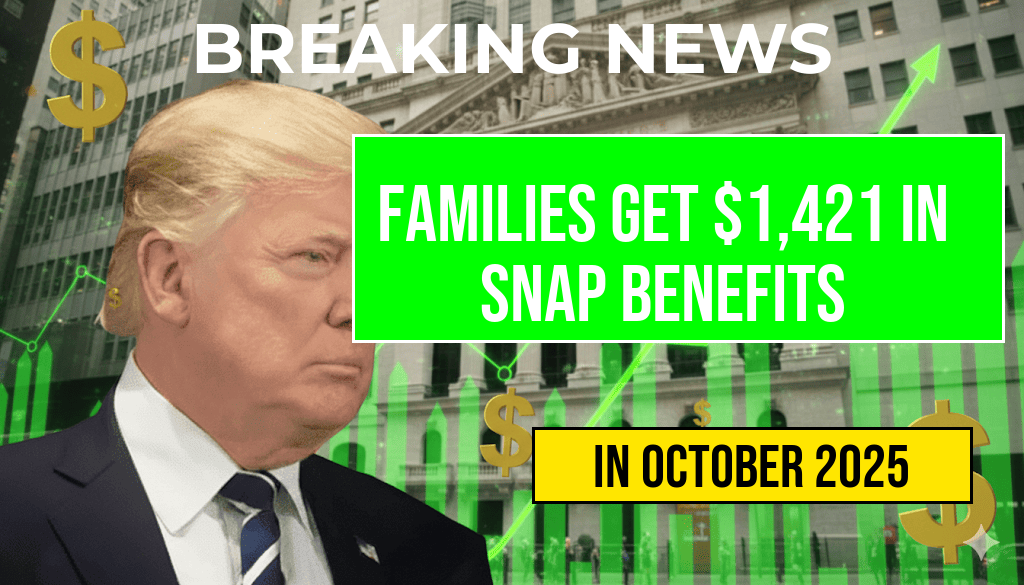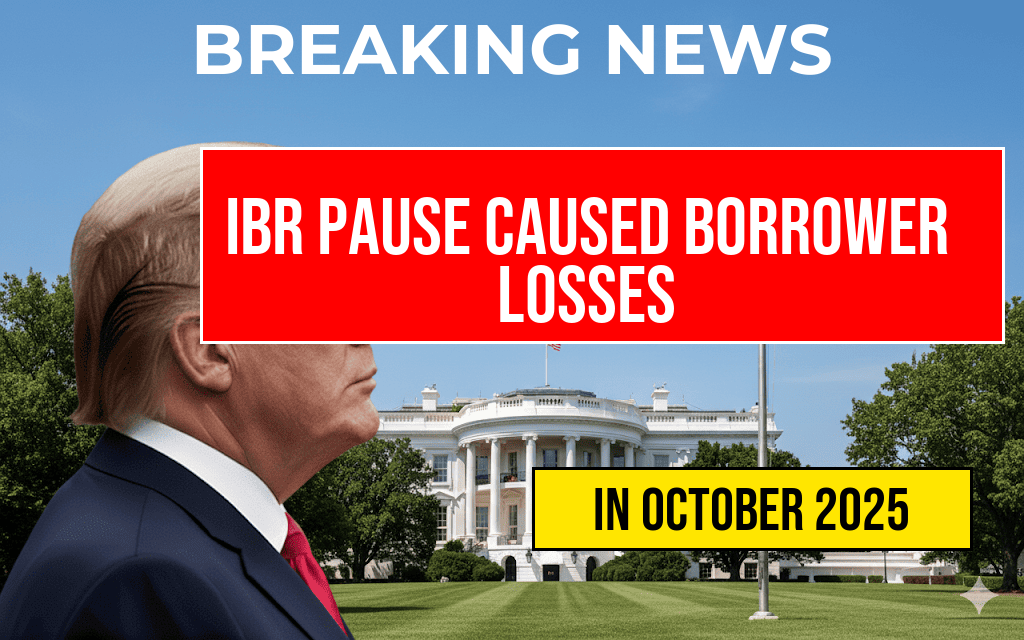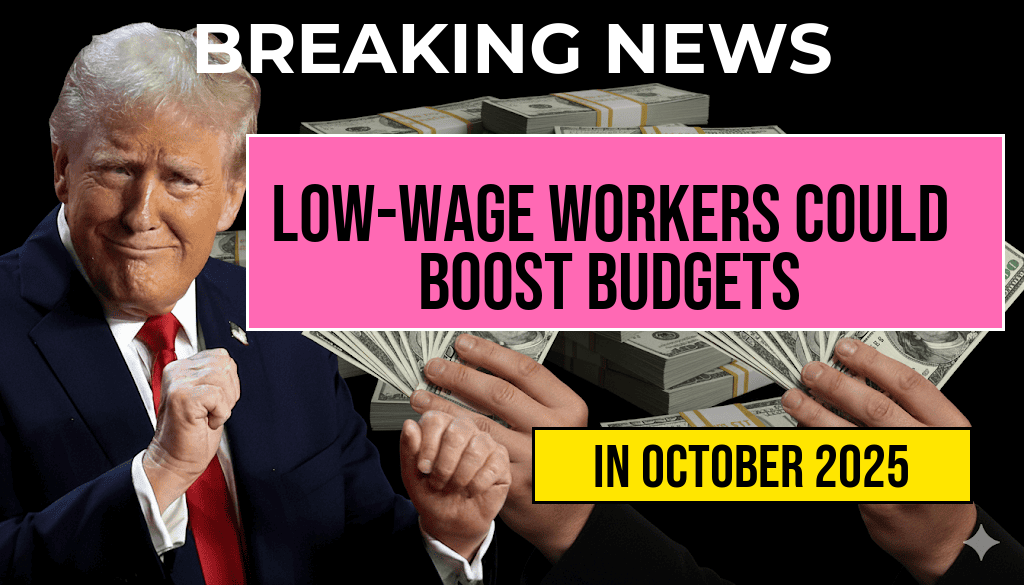The District of Columbia has announced a temporary halt to the planned $2 increase in the tipped minimum wage, a move that could significantly impact servers’ earnings. Originally scheduled to take effect this year, the wage increase aimed to elevate the hourly tipped wage from $5.35 to $7.35, aligning it more closely with the standard minimum wage. However, city officials cited economic uncertainties and concerns over small business viability as reasons for delaying the increase, which could result in servers earning up to $4,160 less annually compared to the original plan.
This decision reflects a broader debate over wage policies and the economic health of hospitality establishments in the nation’s capital. For many servers, the tip-based income makes up a substantial portion of their earnings, and the delay could affect their financial stability. Industry advocates warn that postponing the wage hike may disproportionately impact low-wage workers, particularly amid rising inflation and cost-of-living concerns. Meanwhile, critics argue that the freeze could undermine efforts to improve wage equity and economic fairness across service industries.
Background on the Tipped Wage Increase
The planned $2 increase in the tipped wage was part of D.C.’s efforts to gradually phase in higher wages for tipped workers, aligning with the city’s minimum wage policies designed to reduce income disparities. Since 2019, D.C. has been incrementally raising wages, with the goal of reaching a $15 minimum wage for all workers by 2025. The tipped wage increase was seen as a crucial step toward ensuring that servers and bartenders receive fairer compensation, especially as tips can fluctuate significantly based on seasonality and economic conditions.
Reasons Behind the Temporary Halt
City officials cited several factors influencing their decision to pause the wage increase. Chief among them are ongoing economic uncertainties, including inflationary pressures and the lingering impacts of the COVID-19 pandemic on the hospitality sector. According to D.C. Department of Employment Services director, John Doe, “While we remain committed to fair wages, we must also consider the financial stability of small businesses and the overall economic environment.”
Additionally, some industry groups expressed concern that an immediate increase could lead to reduced hours or layoffs, especially for establishments already struggling with staffing shortages and rising operational costs.
Impact on Servers and Local Economy
Estimations suggest that servers could see a difference of up to $4,160 annually in earnings compared to the original wage increase plan. This figure is based on average tips and hours worked, with the following breakdown:
| Scenario | Annual Income | Difference from Original Plan |
|---|---|---|
| Original Wage Increase Implemented | $27,200 | – |
| Wage Increase Postponed | $23,040 | $4,160 less |
For many servers, this reduction could translate into decreased disposable income, affecting not only their personal finances but also local spending patterns. Small businesses in the hospitality sector may experience further financial strain, potentially leading to slower recovery from pandemic-related setbacks.
Broader Policy and Economic Context
The decision aligns with a national trend where cities and states are reevaluating wage policies amid economic uncertainties. According to reports from the Wikipedia page on wage labor, balancing fair wages with business sustainability remains a complex challenge across various jurisdictions.
While advocates argue that increasing wages helps reduce poverty and promote economic fairness, opponents warn that sudden hikes could lead to higher prices for consumers and decreased employment opportunities. The D.C. government has indicated that it will revisit the wage increase later this year, with hopes to implement the raise once economic conditions improve.
Stakeholder Reactions
- Hospitality Industry: Several restaurant owners expressed concern over the delay, emphasizing the importance of stable wage policies to attract and retain staff.
- Labor Unions and Worker Advocates: These groups have criticized the halt, asserting that it undermines efforts to elevate low-wage workers and perpetuates income inequality.
- Local Residents: Many community members see the wage hike as a vital step toward economic justice, especially as living costs in D.C. continue to rise.
Future Outlook
City officials have not ruled out revisiting the wage increase later in the year, depending on economic conditions and feedback from industry stakeholders. The delay underscores the ongoing tension between economic stability and worker rights, a balancing act that many jurisdictions face as they seek to promote both growth and fairness.
As discussions continue, workers and business owners alike await further updates from city officials on the timeline for implementing the $2 tipped wage increase. The outcome will likely influence wage policies beyond D.C., serving as a reference point for other cities contemplating similar adjustments amidst a fluctuating economic landscape.
Frequently Asked Questions
What is the reason for the temporary halt on the $2 tipped-wage increase in D.C.?
The District of Columbia has temporarily halted the $2 tipped-wage increase to assess its impact on servers and restaurant workers and ensure fair wages and economic stability.
How much could servers potentially lose annually due to this wage increase halt?
Servers could potentially lose up to $4,160 annually compared to the original plan, which included the wage increase.
What was the original plan for the tipped-wage increase in D.C.?
The original plan was to gradually increase the tipped minimum wage by $2, aiming to improve earnings for tipped workers over time.
When is the tipped-wage increase expected to resume?
The temporary halt suggests that the wage increase will resume once the assessment period is complete, but a specific date has not been announced yet.
How might this wage change impact the local restaurant industry?
The halt could lead to financial uncertainty for servers and may influence restaurant staffing and pricing, potentially affecting customers and the local economy.

